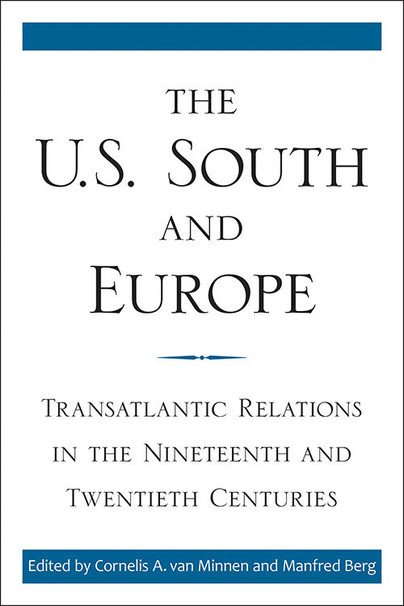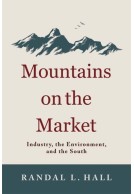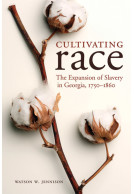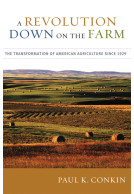The U.S. South and Europe (Hardback)
Transatlantic Relations in the Nineteenth and Twentieth Centuries
Imprint: University Press of Kentucky
Series: New Directions in Southern History
Pages: 316
ISBN: 9780813143088
Published: 28th November 2013
Script Academic & Professional
Series: New Directions in Southern History
Pages: 316
ISBN: 9780813143088
Published: 28th November 2013
Script Academic & Professional
You'll be £36.00 closer to your next £10.00 credit when you purchase The U.S. South and Europe. What's this?
+£4.99 UK Delivery or free UK delivery if order is over £40
(click here for international delivery rates)
Order within the next 1 hour, 13 minutes to get your order processed the next working day!
Need a currency converter? Check XE.com for live rates
(click here for international delivery rates)
Order within the next 1 hour, 13 minutes to get your order processed the next working day!
Need a currency converter? Check XE.com for live rates
The U.S. South is a distinctive political and cultural force -- not only in the eyes of Americans, but also in the estimation of many Europeans. The region played a distinctive role as a major agricultural center and the source of much of the wealth in early America, but it has also served as a catalyst for the nation's only civil war, and later, as a battleground in violent civil rights conflicts. Once considered isolated and benighted by the international community, the South has recently evoked considerable interest among popular audiences and academic observers on both sides of the Atlantic.
In The U.S. South and Europe, editors Cornelis A. van Minnen and Manfred Berg have assembled contributions that interpret a number of political, cultural, and religious aspects of the transatlantic relationship during the nineteenth and twentieth centuries. The contributors discuss a variety of subjects, including European colonization, travel accounts of southerners visiting Europe, and the experiences of German immigrants who settled in the South. The collection also examines slavery, foreign recognition of the Confederacy as a sovereign government, the lynching of African Americans and Italian immigrants, and transatlantic religious fundamentalism. Finally, it addresses international perceptions of the Jim Crow South and the civil rights movement as a framework for understanding race relations in the United Kingdom after World War II. Featuring contributions from leading scholars based in the United States and Europe, this illuminating volume explores the South from an international perspective and offers a new context from which to consider the region's history.
Other titles in the series...
Other titles in University Press of Kentucky...




















